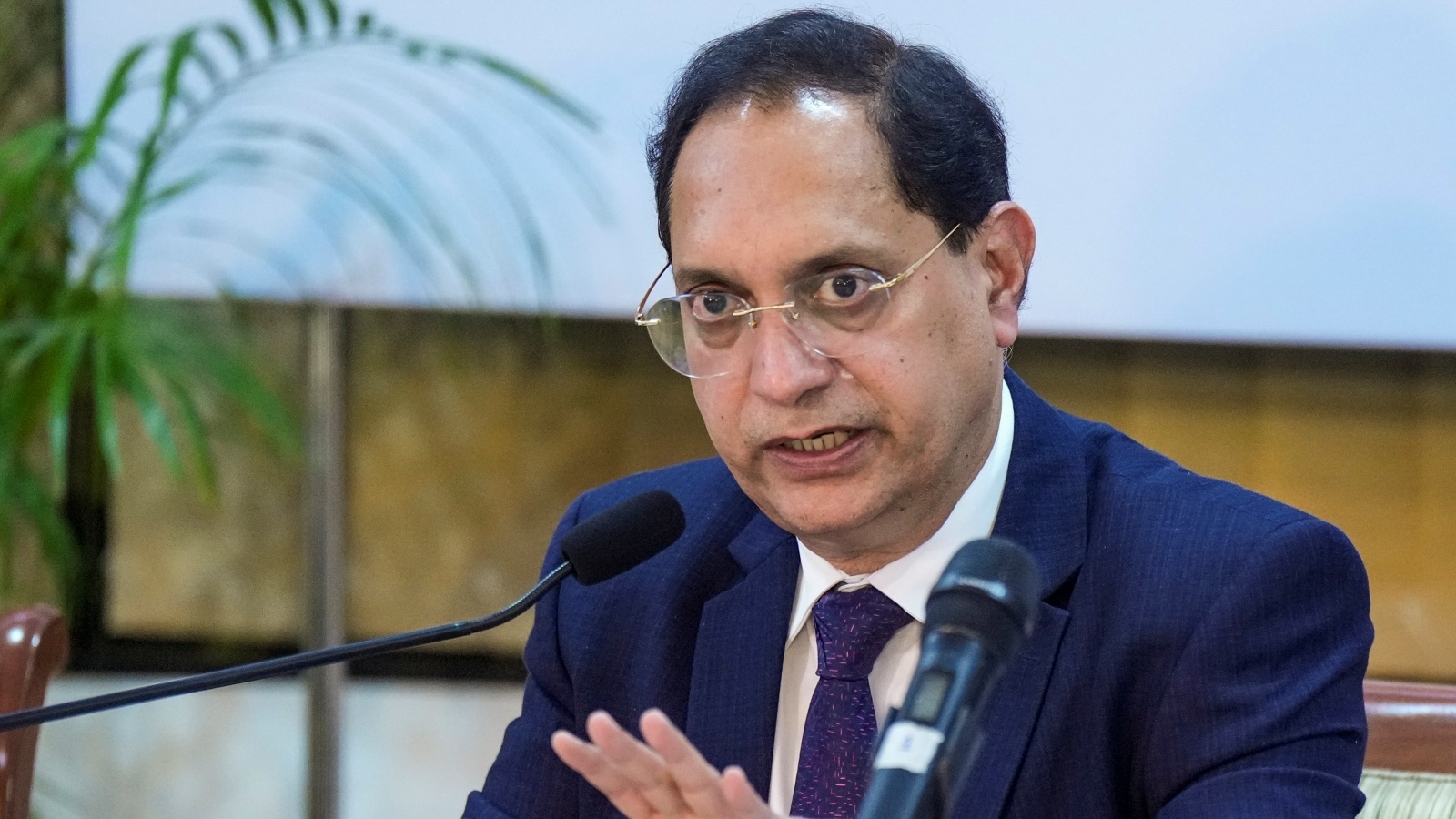
Sebi to Simplify Broker Rules for Better Investor Experience
The Securities and Exchange Board of India (Sebi) is taking significant steps to simplify its stock-broker regulations, originally set in 1992. This initiative, announced by Chairman Tuhin Kanta Pandey at the Morningstar Investor Conference, aims to make the regulatory framework more relevant and efficient for modern investors.
Many long-term investors in India, especially those who purchased shares in physical form before the fiscal year 2020, face significant challenges when transferring ownership of these shares. In response, Sebi proposes allowing these investors to complete the transfer process and have the securities officially registered in their names. This change is seen as a long-awaited relief for small shareholders who have been struggling with outdated procedures.
One of the critical issues with current broker regulations is the lack of definitions for algorithmic and proprietary trading. Sebi's consultation paper suggests removing the outdated definition of a small investor, which currently limits transactions to a market value not exceeding Rs 50,000. This outdated definition is no longer relevant in today's dynamic market environment.
Chairman Pandey emphasized that Sebi's ongoing initiatives focus on simplifying compliance and facilitating investor engagement. Modern investors expect not just access to markets but also fair and transparent terms of engagement. This includes ensuring that trades are executed transparently and that intermediaries maintain clean, separate, and fully auditable transactions.
As new investment products emerge, the importance of clear risk disclosures becomes paramount. Intermediaries are responsible for thoroughly vetting these products and ensuring that clients understand the associated risks and returns. The loss of investor trust, according to Pandey, can lead to lower market liquidity and hinder growth.
In light of technical disruptions faced by exchanges like the Multi Commodity Exchange (MCX), Sebi is reinforcing the need for robust internal systems and cybersecurity measures. Such disruptions not only affect trading but can also shake investor confidence. The recent issues at MCX, which delayed trading for over four hours, have prompted Sebi to review operational protocols to prevent future occurrences.
Overall, Sebi's commitment to enhancing market integrity and investor protection is crucial for fostering a vibrant and trustworthy investment environment in India. By simplifying regulations and ensuring strong oversight, Sebi aims to build a more inclusive financial market that benefits all investors.










